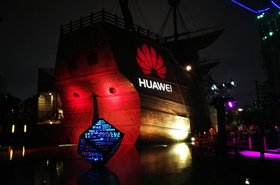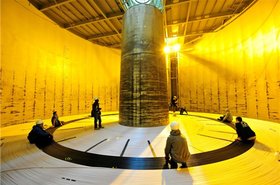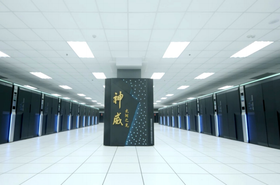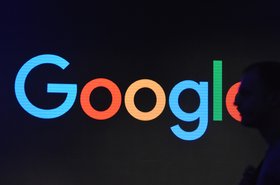A little over a month after enacting sweeping sanctions against Huawei, US President Donald Trump said that US companies may soon be able to resume sales to the Chinese telecoms giant.
But, after Trump announced the change in direction, the Trump administration tried to clarify that it will not cover all products, and could only amount to a small shift in policy.
Confusion reigns supreme
The US banned American companies from selling goods or services to Huawei without government approval in May, after accusing the company of evading sanctions against Iran.
That same month, Trump signed an executive order aimed at giving the federal government power to block US companies from purchasing any foreign-made telecommunications equipment deemed a national security risk.
The US government has repeatedly alleged that Huawei is essentially an arm of the Chinese government, and poses a major security risk, a claim the company denies.
The ban led to US companies ceasing sales to Huawei, including Intel, Qualcomm, Xilinx, Broadcom, Qorvo, Micron Technology, Western Digital, and Lumentum Holdings. Google stopped providing Android support, and Arm stopped licensing its chip micro-architecture.
After speaking to China's President Xi Jinping at the G20 Summit this Saturday, Trump declared: “US companies can sell their equipment to Huawei. We’re talking about equipment where there’s no great national security problem with it.”
He claimed he told Xi: “I said that’s O.K., that we will keep selling that product, these are American companies that make these products. That’s very complex, by the way. I’ve agreed to allow them to continue to sell that product so that American companies will continue.”
On Twitter, the President of the United States added: "I had a great meeting with President Xi of China yesterday, far better than expected. I agreed not to increase the already existing Tariffs that we charge China while we continue to negotiate. China has agreed that, during the negotiation, they will begin purchasing large..... ....amounts of agricultural product from our great Farmers.
"At the request of our High Tech companies, and President Xi, I agreed to allow Chinese company Huawei to buy product from them which will not impact our National Security. Importantly, we have opened up negotiations... ....again with China as our relationship with them continues to be a very good one. The quality of the transaction is far more important to me than speed. I am in no hurry, but things look very good! There will be no reduction in the Tariffs currently being charged to China."
The announcement was criticized by some lawmakers, in particular Republican Senator Marco Rubio, who called it a "catastrophic mistake," adding: "It will destroy the credibility of his administrations [sic] warnings about the threat posed by the company,no one will ever again take them seriously."
Rubio added: "If President Trump has in fact bargained away the recent restrictions on Huawei, then we will have to get those restrictions put back in place through legislation.
"And it will pass with a large veto proof majority."
On the other side of the political aisle, Senate Minority Leader Chuck Schumer said: "Huawei is one of few potent levers we have to make China play fair on trade. If President Donald Trump backs off, as it appears he is doing, it will dramatically undercut our ability to change China’s unfair trades practices."
Following this pushback, the administration downplayed the significance of the reprieve.
“All that is going to happen is Commerce will grant some additional licenses where there is a general availability,” National Economic Council chairman Larry Kudlow said on Fox News Sunday.
He told CBS' Face The Nation: "The President is not backing off on the national security concerns, we understand the huge risks regarding Huawei... Anything to do with national security concerns will not receive a new license from the Commerce Department, I think that's very important, people have to understand that. Stuff that is generally available will be probably getting a temporary license from the Commerce Department. We'll see how far that goes."





